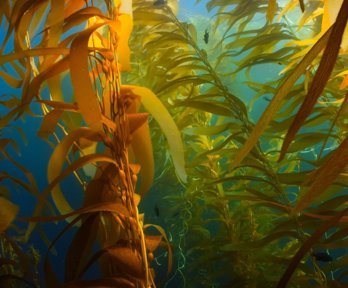Key words
-
Development
-
Exploration
-
Archipelago
-
Quality of life
-
Liminal zones
-
Standard of living
-
Resource consumption
-
Rural development
-
Bias
Summary
Between July and September 2012 an international team of six women traversed the length of the Sangihe Archipelago in by sea-kayak. They observed, documented and engaged with life in the archipelago’s ‘liminal zones’, with a special focus on seaweed farming.
This area is known as the Coral Triangle. It is the Amazon of the seas, because of the high levels of biodiversity. It is a tectonically active area and the team experienced numerous minor earthquakes and spent time on a number of volcanic islands.
The initiative to introduce seaweed farming is trying to address a crisis of food security and climate change. The Government has limited rice imports as they want to become self-sufficient; this has led to food shortages. So seaweed farming is a poverty alleviation strategy: seaweed can be harvested four times a year, increasing production levels. The seaweed also scrubs the sea and removes carbon, so helping with climate change.
Location
The Sangihe Archipelago is located off of the northern coast of Sulawesi, one of the Central Indonesian islands. The northern tip of the archipelago lies approximately 160km south of the Philippines. The archipelago stretches 320 km from Manado to Sangihe in the Celebes Sea.
Aims
-
To investigate quality of life issues of the people living in the liminal zones
-
To focus on the role of seaweed farming in the local community, and particularly the role of females in seaweed farming
-
To investigate how expedition techniques (such as arriving in the remote communities by kayak) can influence research methods and outcomes
Research techniques
-
Semi-structured and in-depth interviews
-
Audio-recordings
-
Video and digital photography
Key topics and themes
This research project links to development, change in rural areas, and climate change
Key questions
What is the quality of life for people living in the liminal zone of the Sangihe archipelago, Indonesia?
Is sustainable development currently possible in the case study area?
How can interviews and photography (still and video) best be used during fieldwork?
About the author
Phil Avery is a Fellow of the Royal Geographical Society (with IBG) and an Associate Headteacher at Bohunt School in Hampshire. He is a Geography graduate from Oxford University who has a passion for inspiring the next generation about incredible places, adventure and learning. As well as participating on geographical expeditions to Antarctica, Iceland and Belarus, he has also led student expeditions to Borneo and Greenland. Closer to home he promotes Challenge Based Learning, the use of new technologies and Outdoor Education.
The researchers
The 'Hugging the Coast' team was led by Dr Duika Burges Watson, FRGS, a Lecturer in Evaluation and Policy Interventions within the Centre for Public Policy and Health, Durham University, and Dr Johanna Wadsley, FRGS, a Research Associate in the School of Geography, Queen Mary, University of London. The social scientists were supported by Lena Conlan, a professional wilderness educator, expedition leader and teacher-practitioner of wilderness medicine, and sea kayak guide, film-maker and arctic expeditioner, Vonna Keller. Research assistants Arny Caroles and Jacqline Laikun, undergraduate students in the Faculty of Fisheries and Marine Science at Sam Ratulangi University, Manado, completed the six-strong all-female team



